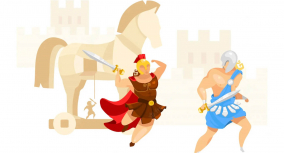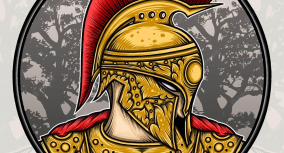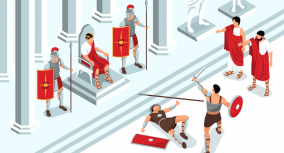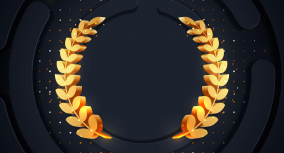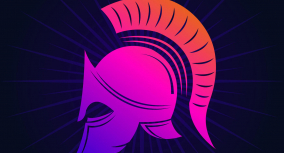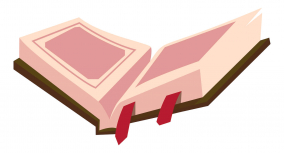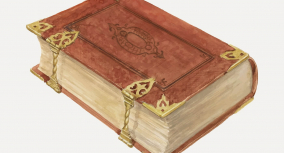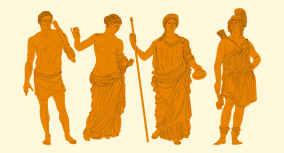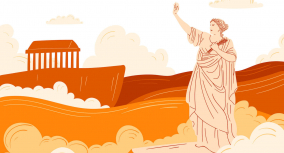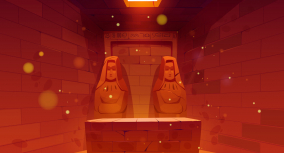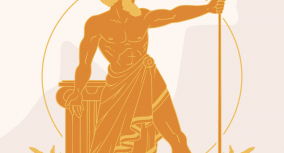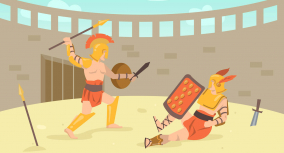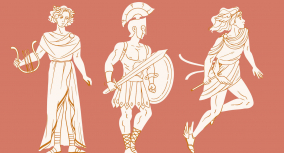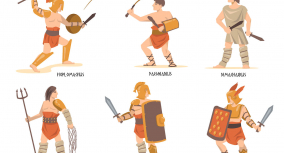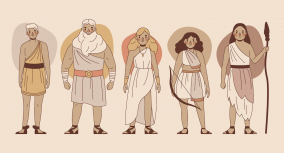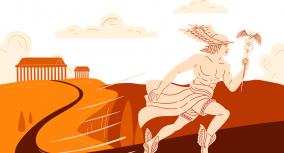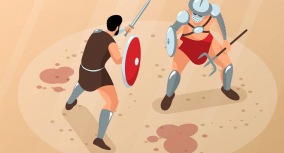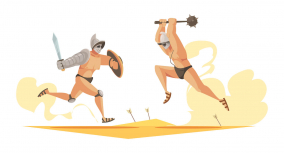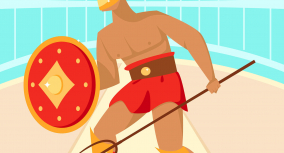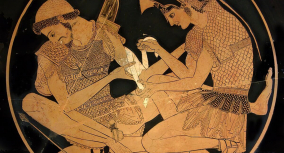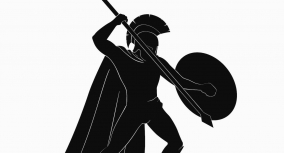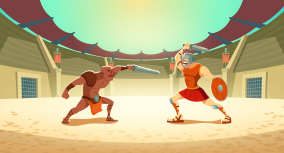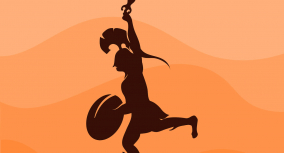On the verge of death, Hector asks Achilles to return his body to his father, Priam. Achilles does not satisfy his last request. His anger is not satisfied, so he drags Hector’s body around the Trojan walls. After Patroclus’ body is burnt on a pyre and his remnants are buried, Achilles continues abusing Hector’s body. Later, he returns it to Priam.
Although Hector implores Achilles to return his corpse to his family, Achilles does otherwise. Once his enemy dies, he makes holes in Hector’s heels and runs the girdle Ajax has given him in Book 7 through the heels. Achilles fastens the belt to his chariot and carries Hector around Troy nine times.
Priam watches the scene, helpless and desperate. Hector’s wife, Andromache, falls unconscious as she cannot watch her husband’s body being maltreated.
He takes the corpse to the Achaean camp. The next day is the day of Patroclus’ funeral. His body is burnt on the pyre, along with treasures and enemy prisoners of war. His bones are buried under a mound. But Achilles is still angry. He drags Hector’s corpse around Patroclus’ tomb, ensuring that the body is not affected by natural decay.
Later Achilles’ mother, Thetis, tells him to let King Priam collect the body for ransom, and he follows her advice.
Hector was the first-born son of the King of Troy. Most likely, he would have become the heir of the throne had not Achilles killed him. Their battle is so critical because Achilles killed the future Trojan King, foreshadowing the city’s fall. Homer makes it clear that Paris does not deserve to be king due to his cowardice and selfishness. Besides, Hector is the only close person Andromache has (her father and brothers are dead). That is why he personifies all the sons and husbands who were killed in battle.
Thank you for reading this article! If you are looking for essay title ideas on The Iliad, take a look at our essay topic collection or try using our title-generating tool.
